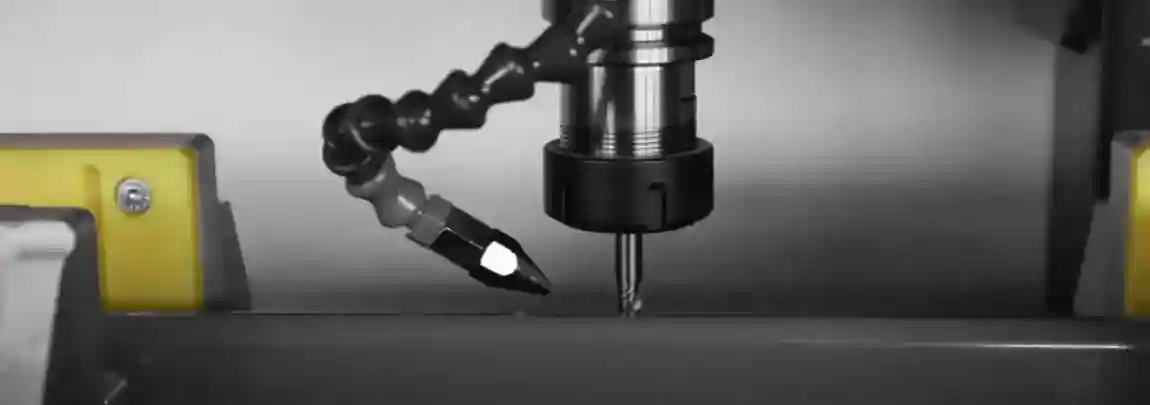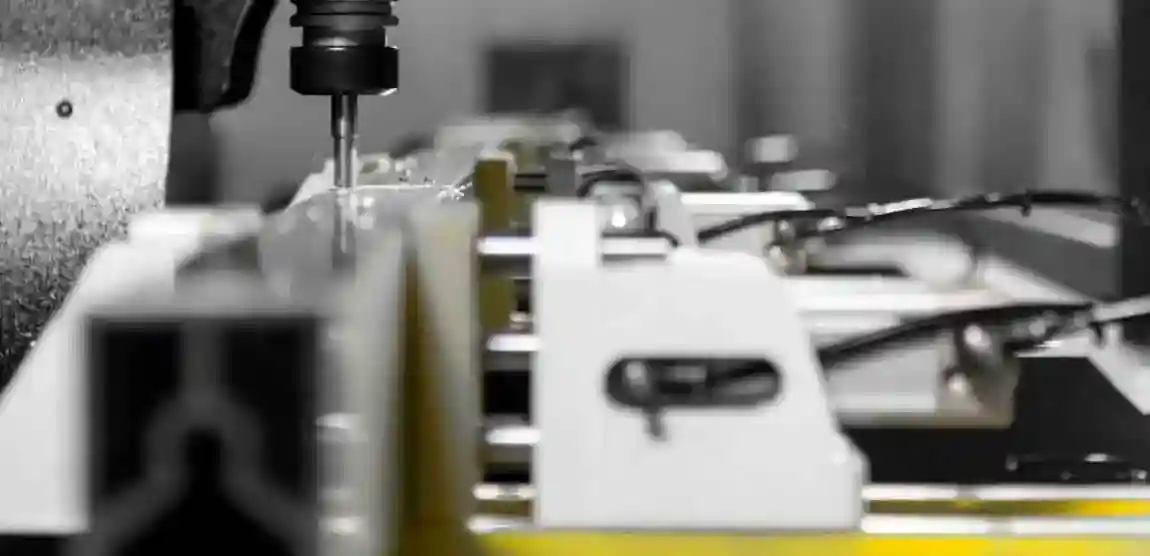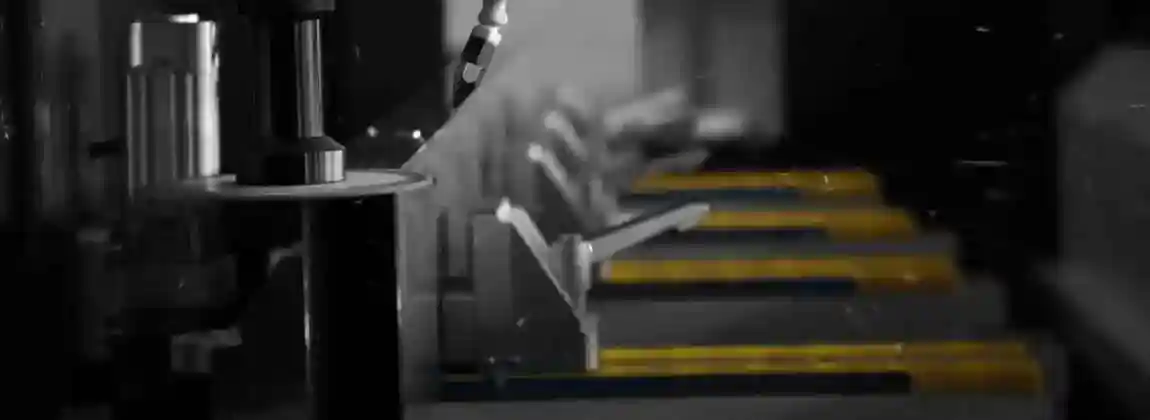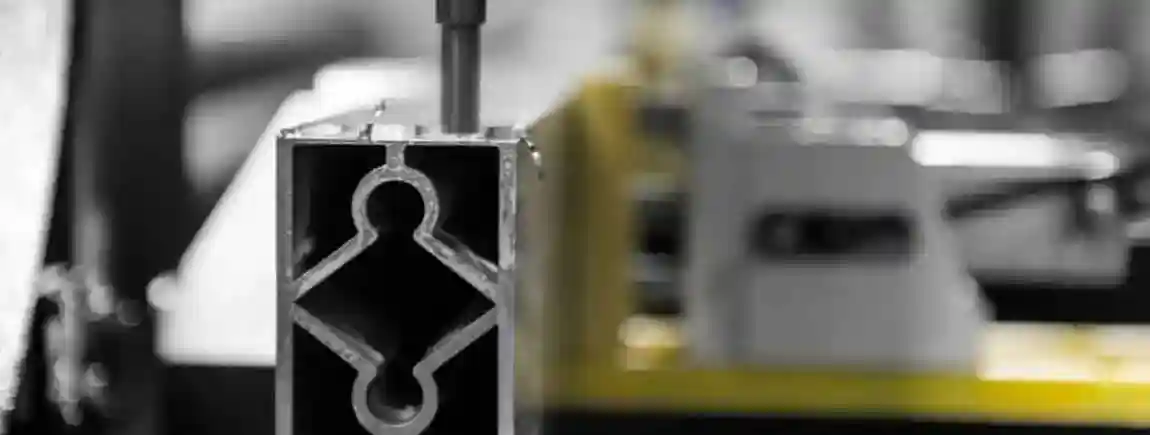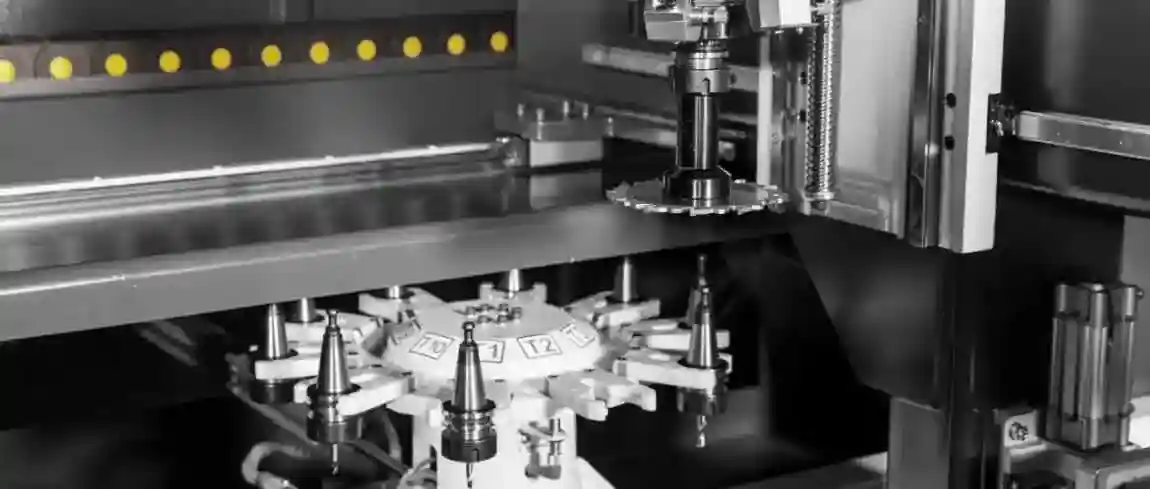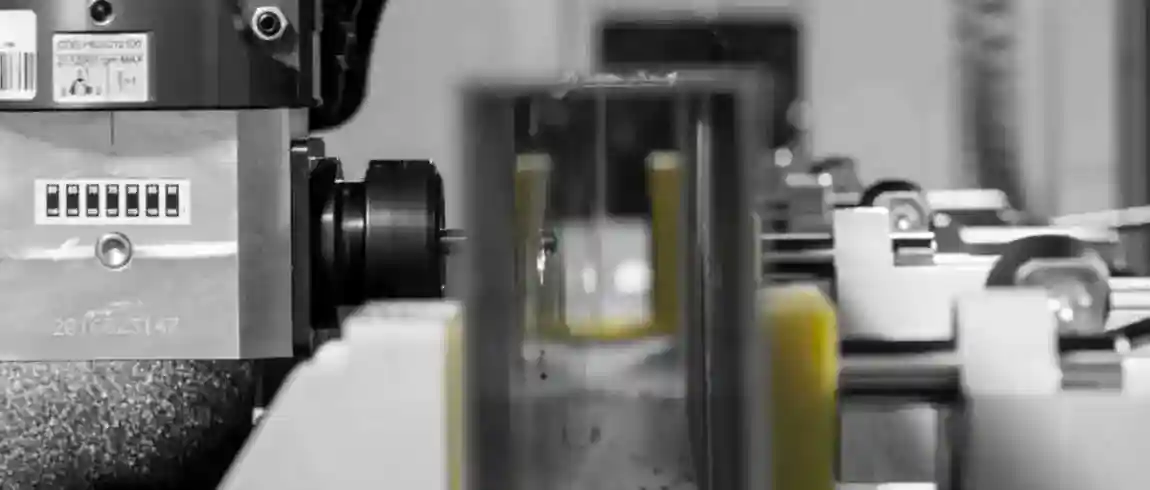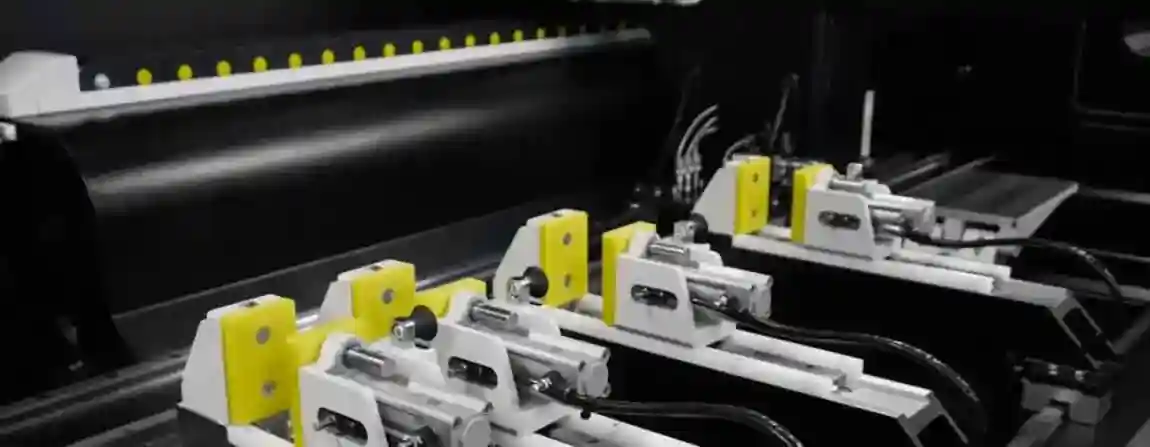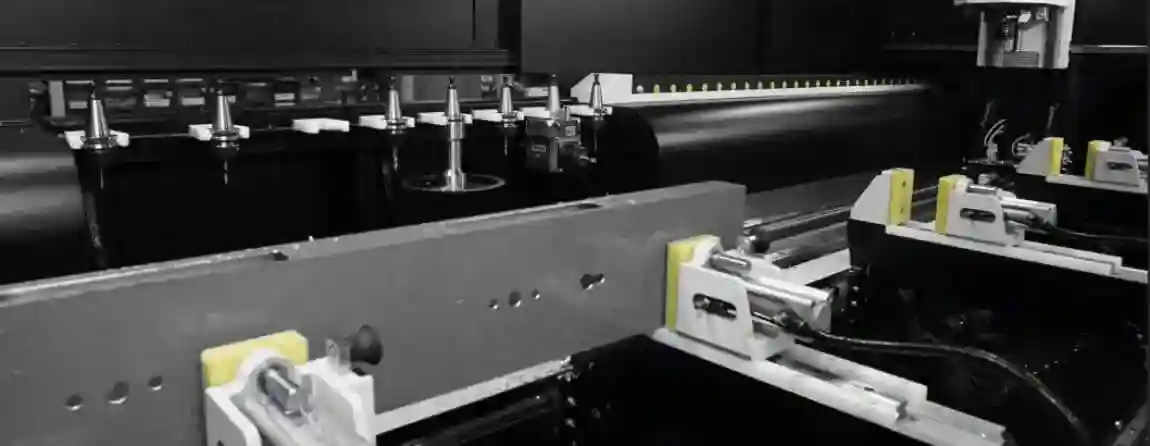-

Company
Product
ALUMINIUM MACHINES
PORTABLE MITER SAWS FOR ALUMINUM
PORTABLE COPY ROUTER MACHINES FOR ALUMINIUM
PORTABLE END MILLING MACHINES FOR ALUMINIUM
AUTOMATIC MITER SAWS FOR ALUMINIUM
COPY ROUTER MACHINES FOR ALUMINIUM
END MILLING MACHINES FOR ALUMINIUM
ALUMINUM CORNER CRIMPING MACHINE
DOUBLE MITRE SAWS FOR ALUMINIUM
AUTOMATIC SAWS FOR ALUMINIUM
BAR PROCESSING CENTERS
MACHINING CENTERS FOR ALUMINIUM COMPOSITE PANELS
NOTCHING SAWS
WEDGE CUTTING SAWS AND NOTCH CUTTING SAWS
MITER SAWS FOR ALUMINIUM
PVC PLASTIC MACHINES
PORTABLE MITER SAWS FOR PLASTIC
PORTABLE COPY ROUTER MACHINES FOR PLASTIC
PORTABLE END MILLING MACHINES FOR PLASTIC
MITER SAWS FOR PLASTIC
COPY ROUTERS FOR PLASTIC
END MILLING MACHINES FOR PLASTIC
WELDING MACHINES FOR PLASTIC
CORNER CLEANING MACHINES FOR PLASTIC PROFILES
DOUBLE MITRE SAWS FOR PLASTIC
BAR PROCESSING CENTERS
GLAZING BEAD SAWS
AUTOMATIC MITRE SAWS FOR PLASTIC
METAL MACHINES
MANUAL METAL SHEET BENDING MACHINE
MANUAL BENDING MACHINES
HYDRAULIC BENDING MACHINES
NON MANDREL BENDERS
PLATE BENDING MACHINES
BORDERING AND TRIMMING MACHINES
HORIZONTAL PRESSES
BELT GRINDING MACHINES
PIPE NOTCHING MACHINES
PIPE POLISHING MACHINES
LASER CUTTING MACHINES
PRESS BRAKES
VERTICAL TURNING CENTERS
MACHINING CENTERS
WOOD MACHINES
GLASS MACHINES
ROBOTICS SPECIAL MACHINERY
Service
Blog
Contact
Blog
- Home
- Blog
- WINDOW MACHINERY
- WINDOW MAKING MACHINERY
WINDOW MAKING MACHINERY
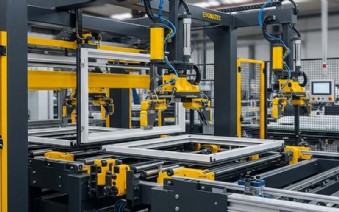
Window Making Machinery – The Longest and Most Complete Guide in the World
Introduction: Why Window Making Machinery is the Backbone of Modern Construction
Windows are more than just openings in a wall – they are the eyes of a building. They bring light, ventilation, comfort, and aesthetics. In today’s fast-growing construction industry, demand for high-quality, durable, and energy-efficient windows is greater than ever.
To meet these demands, manufacturers rely on window making machinery – advanced industrial equipment designed to cut, weld, mill, assemble, and finish window frames. From PVC windows to aluminium profiles and wooden frames, window machinery allows factories to achieve precision, efficiency, and scalability.
This guide explains everything: types of machines, production processes, benefits, global trends, and the future of automated window production.
What is Window Making Machinery?
Window making machinery refers to the full set of machines used in the manufacturing of windows, including:
-
Cutting machines for PVC, aluminium, and wood profiles.
-
Welding machines for joining PVC frames.
-
Milling and drilling machines for locks, handles, drainage holes, and hinges.
-
Corner cleaning machines for removing excess welding material.
-
Assembly machines for inserting steel reinforcements, hardware, and gaskets.
-
Glass processing machines such as cutting tables, edging machines, and insulating glass lines.
Without these machines, modern large-scale window production would not be possible.
Types of Window Making Machinery
1. Cutting Machinery
-
Single-head cutting machines: Ideal for small workshops.
-
Double-head cutting machines: Cut both ends of profiles at precise angles simultaneously.
-
CNC cutting centers: Fully automated, delivering maximum productivity and accuracy.
2. Welding Machinery
-
Single-corner welders: For small-scale production.
-
Two-corner and four-corner welders: Allow faster production of complete frames.
-
Seamless welders: Create smooth, invisible joints for premium window designs.
3. Milling and Drilling Machinery
-
Copy routers: For lock slots, handles, and water drainage channels.
-
CNC machining centers: Multi-axis equipment for complex, high-precision operations.
4. Corner Cleaning Machinery
After welding PVC profiles, excess plastic must be removed. Automatic corner cleaners ensure a perfect finish, while CNC corner cleaners allow full customization.
5. Assembly and Hardware Machinery
These machines insert steel reinforcements, hinges, locks, handles, and gaskets with speed and consistency.
6. Glass Processing Machinery
Glass is the soul of a window. Key equipment includes:
-
Glass cutting tables
-
Glass polishing machines
-
Automatic insulating glass units (IGU) lines
Window Making Machinery by Material
PVC Window Machinery
PVC windows dominate the residential market thanks to their low cost, excellent insulation, and durability. PVC machinery includes welding machines, corner cleaning machines, and milling centers.
Aluminium Window Machinery
Aluminium windows are strong, lightweight, and perfect for facades, curtain walls, and modern skyscrapers. These require CNC cutting centers, notching machines, and automatic machining lines.
Wooden Window Machinery
Wooden windows are popular for traditional, luxury, and eco-friendly projects. Production requires sanding machines, coating machines, and precision milling.
Advantages of Modern Window Making Machinery
-
High Precision – Perfect cuts, welds, and fittings.
-
Faster Production – Automation reduces manual labor and increases speed.
-
Lower Waste – Efficient material use saves money.
-
Energy Efficiency – Windows fit better, improving insulation.
-
Flexible Design – Machines allow endless shapes, sizes, and styles.
-
Scalability – From small workshops to industrial giants, machines adapt.
How to Choose the Right Window Making Machinery
-
Production Volume: Single-head machines for small workshops, CNC centers for factories.
-
Material Type: PVC, aluminium, or wood determines machine requirements.
-
Budget and ROI: Higher investment means higher efficiency and long-term savings.
-
After-Sales Service: Choose a supplier with strong training and spare parts support.
-
Future Growth: Machines should be upgradeable for automation and Industry 4.0 integration.
Window Making Machinery Around the World
-
Europe: Known for precision CNC machinery and high-tech solutions.
-
Asia: Rapid expansion in India, China, and Southeast Asia with demand for cost-effective machines.
-
Middle East & Africa: Huge construction boom drives demand for both PVC and aluminium machinery.
-
North America: Focus on energy efficiency and sustainability in window manufacturing.
The Future of Window Making Machinery
-
Industry 4.0: Smart, connected machines with full digital integration.
-
Artificial Intelligence: Predictive maintenance and automated quality control.
-
Sustainability: Eco-friendly designs and recyclable materials.
-
Robotics: Fully automated window production lines with minimal human labor.
Conclusion
Window making machinery is the foundation of modern construction. From PVC residential windows to aluminium facades for skyscrapers, these machines guarantee speed, accuracy, and cost efficiency.
The future belongs to smart, automated, and eco-friendly machinery that allows manufacturers to stay competitive in a fast-changing world.
- window making machinery
- window making machine
- upvc window making machinery
- aluminium window making machinery
- wooden window making machinery
- window production machinery
- window manufacturing machine
- window fabrication machinery
- window profile cutting machine
- window welding machine
- window milling machine
- window corner cleaning machine
- window assembly machine
- window glass processing machine
- window production line
- window machinery suppliers
- window machinery manufacturers
- automatic window making machinery
- cnc window making machinery
- window machinery price
 GERMANY
GERMANY ENGLISH
ENGLISH FRANCE
FRANCE SPAIN
SPAIN PORTUGAL
PORTUGAL

